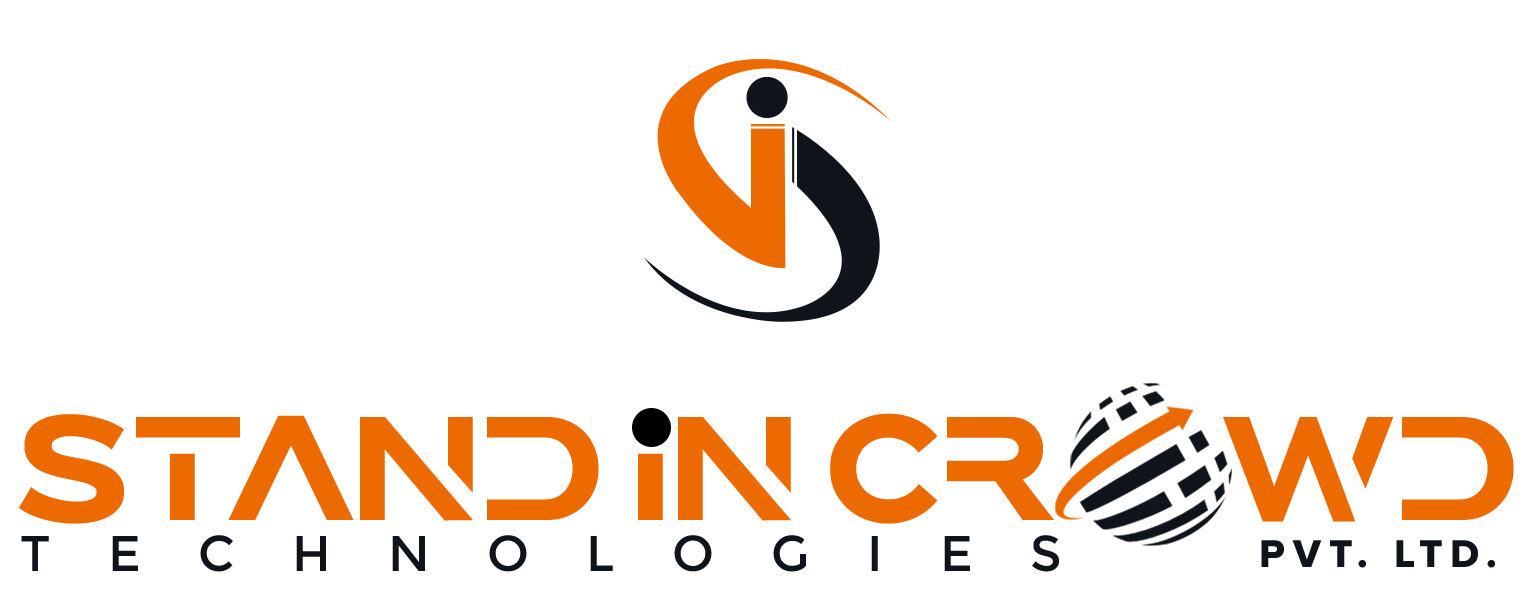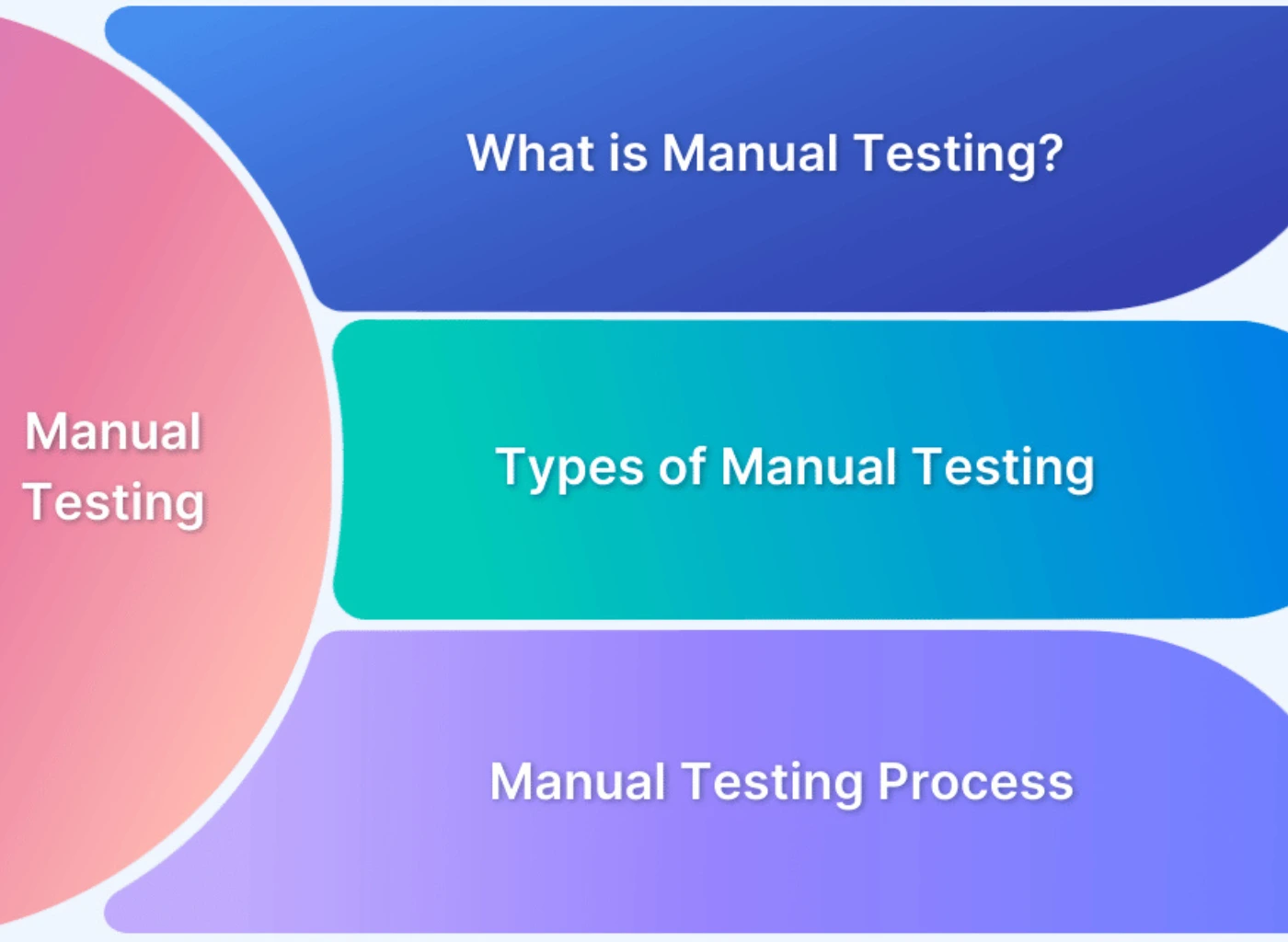In the dynamic and fast-paced digital landscape, software plays a pivotal role in shaping user experiences and achieving business success. However, even the most innovative software can fall short if it is not thoroughly tested for functionality, performance, and security. This is where a robust software testing strategy becomes indispensable. At Stand in Crowd Technologies, we are committed to ensuring that your software meets the highest standards of quality and reliability.
This comprehensive blog will delve into the essence of software testing, its types, benefits, challenges, and how Stand in Crowd Technologies stands out in delivering world-class software testing solutions.
What is Software Testing?
Software testing is the process of evaluating software applications to identify defects, ensure compliance with specified requirements, and deliver a seamless user experience. It involves executing software/system components using manual or automated tools to detect any potential gaps or errors.
The goal of software testing is not just to find bugs but to validate that the software operates as intended under various conditions. It ensures that the final product meets both functional and non-functional requirements, guaranteeing a smooth end-user experience.
Why is Software Testing Important?
- Enhancing Product Quality
Quality is the cornerstone of any software application. Rigorous testing ensures that the software functions as expected and delivers a high-quality product to end-users. - Cost Efficiency
Identifying and resolving bugs early in the development cycle significantly reduces costs. Fixing issues during production is exponentially more expensive than addressing them during development. - Security and Compliance
With rising cyber threats, ensuring the security of your application is critical. A strategic testing approach identifies vulnerabilities and ensures compliance with industry standards. - Building Customer Trust
Faulty software can lead to poor user experiences and erode customer trust. A well-planned software testing strategy ensures a seamless user experience, building loyalty and trust in your brand. - Time-to-Market Advantage
By leveraging automated testing, businesses can reduce the testing cycle time, ensuring faster deployment without compromising on quality.
The Different Types of Software Testing
At Stand in Crowd Technologies, we employ a diverse range of testing methodologies tailored to meet specific requirements. Below are some of the key types of testing we provide:
- Functional Testing
This involves testing the software against its functional requirements. It ensures all functionalities perform as expected. - Performance Testing
Evaluates the speed, responsiveness, and stability of a system under a workload. Common types include load testing and stress testing. - Security Testing
Ensures that the application is secure from vulnerabilities, safeguarding sensitive data and maintaining user trust. - Regression Testing
Ensures that new changes or updates do not negatively impact existing functionalities. - Automation Testing
Automated testing uses tools to execute predefined test cases, reducing human intervention and improving efficiency. - Manual Testing
Manual testing remains crucial for exploring applications from an end-user perspective. - Compatibility Testing
Checks whether your software works seamlessly across different devices, browsers, and operating systems. - Usability Testing
Evaluates how user-friendly and intuitive your software is for its intended audience.
The Software Testing Life Cycle (STLC)
Software testing is not a single-step process but a systematic approach that follows a defined cycle:
- Requirement Analysis
Understanding the requirements and identifying the testing scope. - Test Planning
Developing a detailed testing strategy, including resource allocation, timelines, and tools to be used. - Test Case Development
Writing detailed test cases based on the test plan to cover all possible scenarios. - Environment Setup
Preparing the testing environment with necessary tools, hardware, and configurations. - Test Execution
Running the test cases and logging results to identify any issues or bugs. - Defect Reporting
Documenting defects, categorizing them based on severity, and collaborating with developers to resolve them. - Test Closure
Reviewing the testing process, documenting lessons learned, and preparing for future testing needs.
Challenges in Software Testing
Software testing, while essential, comes with its set of challenges:
- Evolving Requirements
Constantly changing requirements can disrupt the testing process and impact timelines. - Time Constraints
Delivering quality software under tight deadlines is a common challenge. - Tool Selection
Choosing the right tools for specific testing requirements can be daunting. - Resource Limitations
Limited availability of skilled testers and testing environments can affect the process. - Complex Applications
Modern applications with complex architectures and integrations require advanced software testing strategy.
Stand in Crowd Technologies: Your Trusted Testing Partner
At Stand in Crowd Technologies, we understand the critical role of software testing in the success of your application. Here’s why clients choose us:
- Experienced Team
Our team comprises certified testers with expertise in manual and automated testing. - Advanced Tools
We utilize the latest tools and technologies to ensure accurate and efficient testing. - Tailored Solutions
Every software is unique, and so are our testing strategies. We customize our approach based on your specific needs. - Transparent Communication
Regular updates and detailed reports keep you informed throughout the testing process. - Cost-Effective Services
We offer competitive pricing without compromising quality.
Case Studies and Success Stories
Here are examples of how we have helped businesses achieve seamless software performance:
- Client A: Enhanced application speed by 40% through performance testing.
- Client B: Identified critical security vulnerabilities, safeguarding sensitive customer data.
- Client C: Reduced testing time by 50% using automation testing tools.
The Future of Software Testing
The future of software testing is shaped by technological advancements. Here are some emerging trends:
- AI and Machine Learning
AI-driven testing tools improve test case generation and defect detection accuracy. - DevOps Integration
Continuous testing is becoming integral to the DevOps pipeline, ensuring faster releases. - IoT Testing
With the rise of IoT devices, specialized testing for interconnected systems is on the rise. - Blockchain Testing
Blockchain applications require robust testing to ensure secure and transparent operations.
Conclusion
Software testing is the backbone of quality assurance in the development process. It not only identifies and rectifies defects but also enhances the reliability, security, and overall user satisfaction of the software. A strategic software testing strategy is key to achieving excellence.
At Stand in Crowd Technologies, we combine expertise, advanced tools, and a customer-centric approach to deliver exceptional software testing services. Partner with us to ensure your software is flawless, secure, and ready to deliver excellence.




